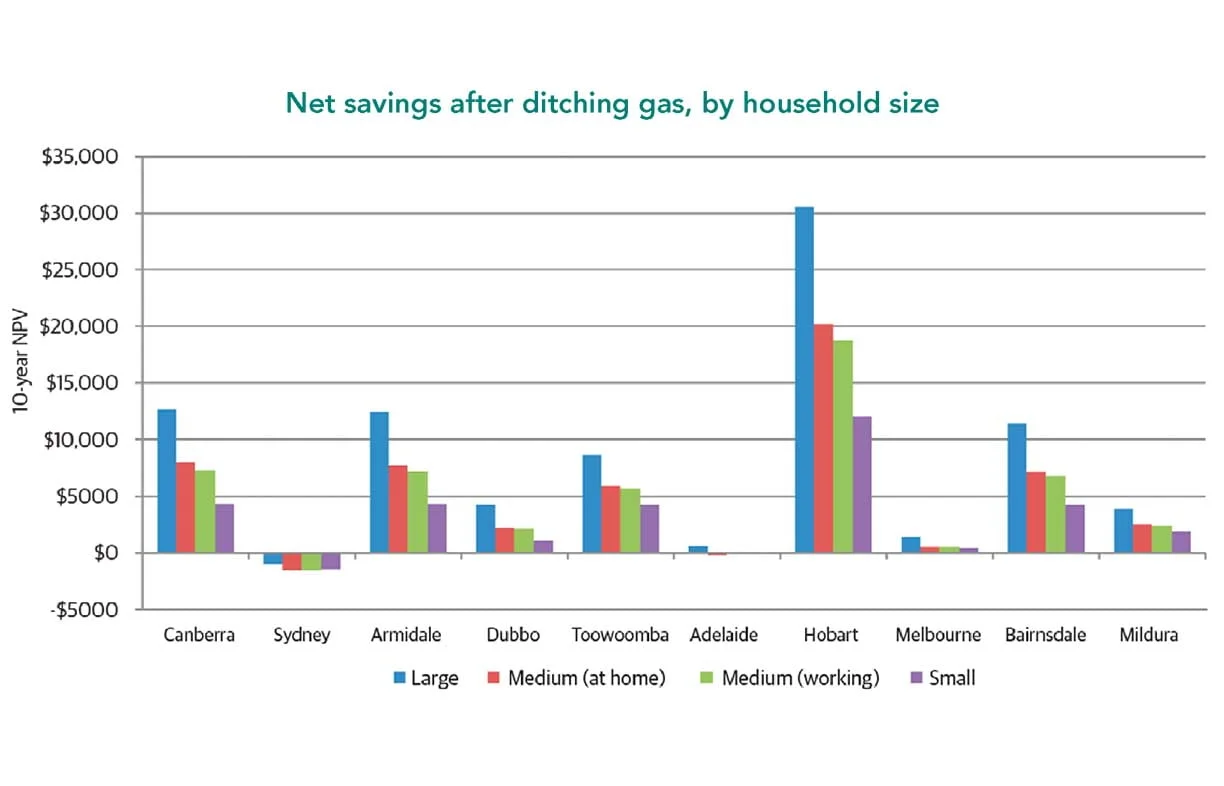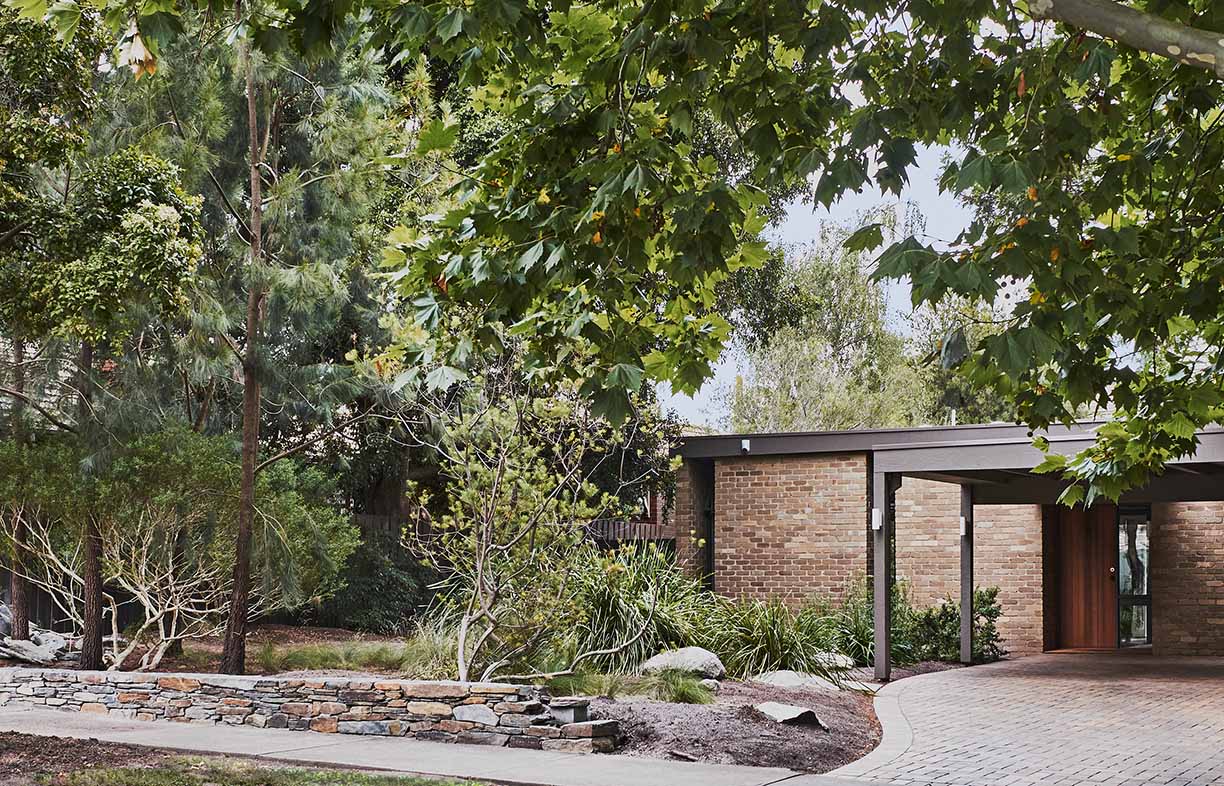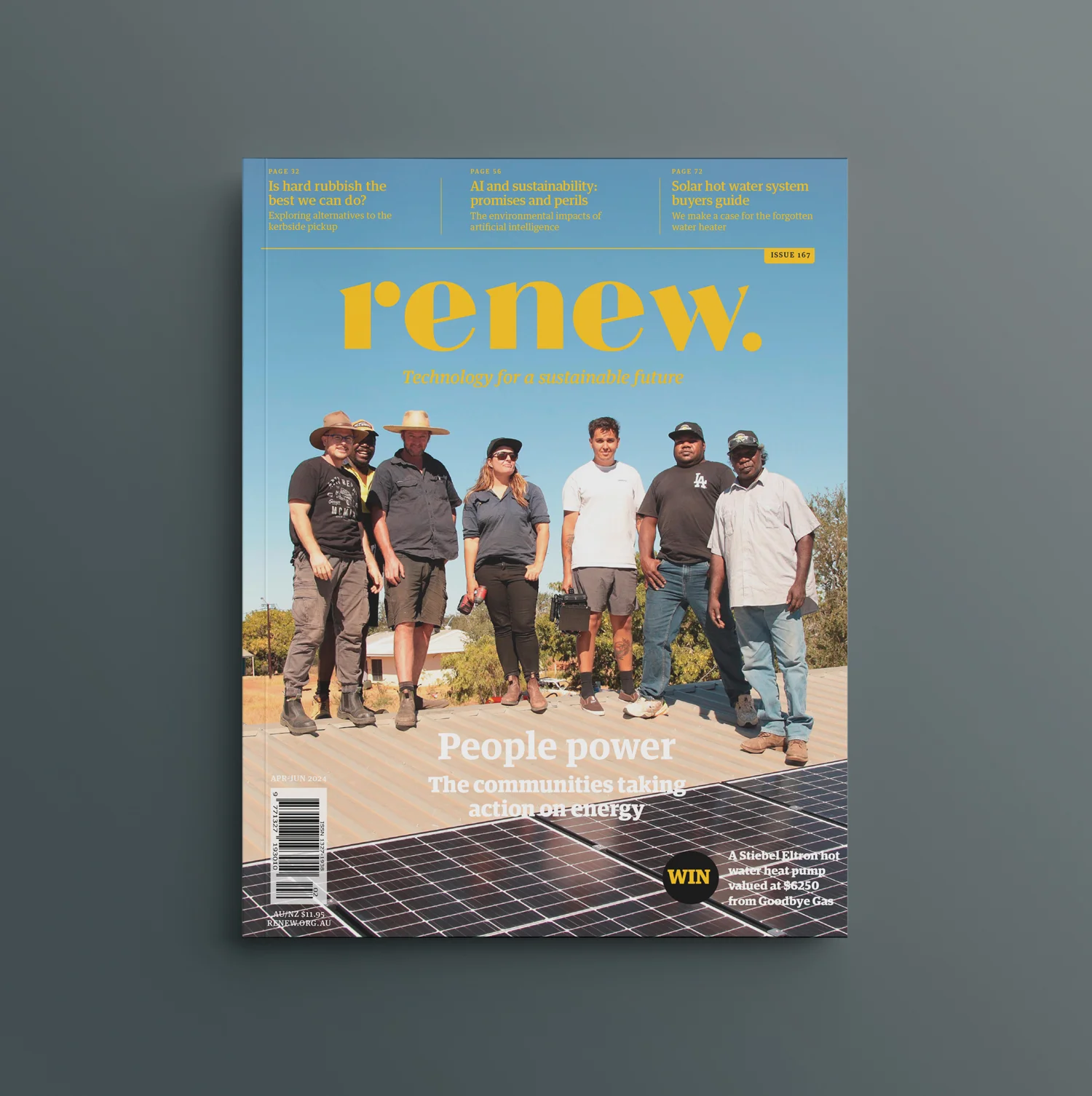Gas versus electric for heating, cooking and hot water
Should you select gas or electric to fuel your new cooktop, heating or hot water system? Renew energy analysts Keiran Price and Dean Lombard present the latest economic and environmental findings to help guide your decisions.
Households face ‘fuel choice’ decisions when they need to replace a failed appliance that uses gas or electricity, such as a space heater, hot water system or cooktop, or when building a new home. Since 2014, Renew has been researching the economic and environmental costs of using gas versus electricity in the home. The question we have consistently sought to answer is: which is cheaper, gas or efficient electric appliances, when considering purchase price, installation cost, and maintenance and usage costs over 10 years.
Our initial study found that in many situations, especially new builds and existing all-electric homes, choosing to go (or remain) all-electric was cheaper. Further analysis released in 2015 found that switching from gas to efficient electric appliances also reduced CO2 emissions. Since then, we have promoted the all-electric option as a win for the environment and for your hip pocket (in many cases).
Over the past year, Renew has revisited the 2014 economic analysis, thanks to funding from Energy Consumers Australia. The latest modelling compares the total cost of ownership (purchase, installation and running cost) after 10 years. Since the original study, we’ve improved the modelling approach and conducted analysis to determine whether technological developments and energy market changes over the past four years have changed the outcome. We also analysed the extent to which rooftop solar favours the switch to electricity. Despite considerable variability in results for different scenarios and locations (see full report on the Renew website), we found a handful of key principles that can guide the economics of fuel choice decisions, outlined below.
New homes: go all-electric with solar
For new homes, the best choice is clear: go all-electric and install solar PV. In every location around Australia, you’re much better off than if you choose gas appliances and no solar. Even in Melbourne where the result is most marginal, you’ll be more than $8,000 in front after 10 years. In those cases where you can’t install solar PV, going all-electric is still the best option, but the level of benefit varies much more. In many places the return is still very positive; in Adelaide and Sydney, it’s a marginal benefit.
Only one gas appliance: go all-electric
We found that it is always better to replace your last gas appliance (when it is due for replacement) with an efficient electric one, in all circumstances and locations. Even in places where the running costs of gas are lower than for electric appliances, abolishing the fixed charge of the gas connection outweighs this. The smallest benefit is for a small house in Hobart, but even in this case the 10-year net-present-value is greater than $1000.
More than one gas appliance: it depends!
The situation is more nuanced if you have more than one gas appliance and one of them fails.
If a gas space heater fails:
If a gas space heater fails, our modelling suggests it will be cheaper overall in all locations if you replace it with efficient electric reverse-cycle air conditioners. However, in Sydney the benefits are marginal, where it will be close to the cost of sticking with gas.
But what if you replace other gas appliances at the same time? If you also have a gas stove, switching a working stove to electric at the same time as the heater gives a financial benefit in all locations due to the elimination of fixed gas connection charges. If you have both a gas stove and gas hot water, there’s still a financial benefit in most places (and marginal benefit in a few) in switching them to electric at the same time as the failed gas heating, except in Sydney (see Figure 1).
If a gas hot water system fails:
If a hot water system fails and it’s not your only gas appliance, our modelling suggests you’re always better off financially to replace it with another gas one, unless the replacement with a heat pump is your first step towards an all-electric home. The energy usage of modern efficient gas hot water systems is too low for the greater efficiency of heat pumps to outweigh the additional capital cost; the relatively lower gas prices in many areas also favours gas hot water systems.
However, if a hot water system fails and you have a working gas stove, switching both to electric at the same time is a financial benefit for large households in most locations, and all households in Queensland. For small and medium households outside of Queensland, sticking with gas is a financial benefit in some places (for example, Melbourne, Sydney, Adelaide and Canberra) and a marginal benefit elsewhere. In this scenario, having a 2.5kW solar system will increase the benefit of efficient electric enough for medium and large households to make switching to all-electric a neutral or positive choice.

Net present value (NPV)
Costs and benefits are expressed as net present value (NPV) over 10 years. This expresses the value in today’s dollars, accounting for inflation, with a higher NPV being better.
What about solar?
With the price of solar PV having fallen so much in the last 10 years, installing solar onto a roof with good solar access is almost always a good economic decision. Thus, installing new solar at the same time as replacing a failed gas appliance with a new efficient electric one significantly improves the financial outcome. Even for a household that chooses to purchase new gas appliances, solar is a good investment. It is important to note, if you have an existing 2.5kW solar PV system, this rarely makes an otherwise negative financial outcome for replacing gas appliances with electric into a strong positive outcome, but it does tend to make marginal outcomes positive.
What’s best for the environment?
Our previous report showed that in almost all cases, switching from gas appliances to an all-electric home would reduce greenhouse gas emissions (the only exception was in Mildura, which saw a slight increase). Since our report, the closure of coal-fired power stations like Hazelwood combined with the increased rollout of renewable energy has seen the emissions intensity of the electricity network decrease, further strengthening the environmental benefit of replacing gas appliances with efficient electric ones.
What’s next, plus get your own custom results
These results are just a high-level overview of our findings. While these key principles give good general guidance, the full report will break down the results across the 16 different locations modelled and give detailed results for every scenario and household type in all locations. Keep your eye on the Renew website and e-bulletins for the report’s release over the coming months.
If you want customised information to assist your household with current or future fuel choices, the Renew offers Energy Consultations for Renew members ($175) and non-members ($225).
This project was funded by Energy Consumers Australia as part of its grants process for consumer advocacy projects and research projects for the benefit of consumers of electricity and natural gas. The views expressed in this article do not necessarily reflect the views of ECA.
Further reading
 Ideas & Advice
Ideas & Advice
In praise of Accoya
Native hardwoods are beautiful, strong and durable, but we need to wean ourselves off destructive forestry practices. Building designer and recreational woodworker Dick Clarke takes one hardwood alternative for a test run.
Read more Ideas & Advice
Ideas & Advice
Energy efficiency front and centre: A renovation case study
Rather than starting again, this Melbourne couple opted for a comprehensive renovation of their well laid out but inefficient home, achieving huge energy savings and much improved comfort.
Read more


